Rahul Gandhi, a scion of India’s iconic Nehru-Gandhi family, is a polarizing yet pivotal figure in Indian politics. As the Leader of the Opposition in the Lok Sabha and a key leader of the Indian National Congress (INC), Gandhi has carved a unique path, blending grassroots activism with a vision for inclusive governance. From leading transformative campaigns like the Bharat Jodo Yatra to navigating legal battles, his journey reflects resilience, reinvention, and a commitment to India’s diverse fabric. This article delves into Rahul Gandhi’s life, political career, controversies, and enduring impact as of April 2025.
Early Life and Education
Born on June 19, 1970, in New Delhi, Rahul Gandhi is the son of former Prime Minister Rajiv Gandhi and Congress leader Sonia Gandhi. As the grandson of Indira Gandhi and great-grandson of Jawaharlal Nehru, his lineage is steeped in India’s political history. However, his childhood was marred by tragedy—the assassination of his grandmother in 1984 and his father in 1991—prompting heightened security and periods of homeschooling.
Gandhi attended St. Columba’s School and The Doon School but completed much of his education under pseudonyms for safety. He earned a Bachelor’s degree from Rollins College, Florida, in 1994, followed by an M.Phil. in Development Studies from Trinity College, Cambridge, in 1995. Before entering politics, he worked at the Monitor Group in London and co-founded Backops Services Pvt. Ltd. in Mumbai, showcasing an early entrepreneurial streak.
Political Journey: From Amethi to Rae Bareli
Rahul Gandhi entered politics in 2004, winning the Amethi Lok Sabha seat in Uttar Pradesh, a Congress stronghold. His early years focused on youth engagement and rural development, earning him a reputation as a reformer within the INC. He served as General Secretary (2007–2013) and Vice-President (2013–2017) of the Congress, emphasizing internal democracy and social justice.
- Presidency and Setbacks (2017–2019): As INC President, Gandhi led the party into the 2019 Lok Sabha elections but faced a crushing defeat, with Congress securing only 52 seats. Taking responsibility, he resigned, paving the way for Sonia Gandhi’s interim leadership.
- Bharat Jodo Yatra (2022–2023): Gandhi’s 3,570 km march from Kanyakumari to Kashmir, aimed at fostering unity and addressing issues like unemployment, was a turning point. The yatra revitalized Congress’s grassroots connect, contributing to stronger state election performances.
- 2024 Lok Sabha Elections: Leading the INC’s campaign, Gandhi contested from Wayanad and Rae Bareli, winning both. He retained Rae Bareli, becoming Leader of the Opposition. The Congress and its allies secured 234 seats, narrowing the BJP’s majority and signaling a resurgent opposition.
Key Initiatives and Advocacy
Gandhi’s political philosophy centers on love, respect, and inclusivity. His Bharat Jodo Yatra and Bharat Jodo Nyay Yatra highlighted issues like economic inequality, unemployment, and social justice. Through platforms like Awaaz Bharat Ki, he engages directly with citizens, addressing concerns from education to workers’ rights.
He has been vocal on national issues, condemning the 2025 Pahalgam terror attack and advocating for justice. Gandhi also critiques policies impacting India’s economy, such as US tariffs, and pushes for transparent electoral processes. His focus on empowering youth and marginalized communities resonates with his vision of a progressive India.
Controversies and Challenges
Gandhi’s career has not been without hurdles. Critics, often from the BJP, label him “Pappu,” implying political immaturity—a moniker he has countered with persistent public engagement. Legal battles have also tested his resolve:
- National Herald Case: Alongside Sonia Gandhi, he faced allegations of financial irregularities involving Young India Ltd. Both secured bail in 2015, and a Delhi court dismissed a related petition in 2020.
- Defamation Case (2023): Convicted for remarks linking the “Modi surname” to fraud, Gandhi was disqualified from the Lok Sabha. The Supreme Court stayed the conviction, reinstating his membership.
Despite these challenges, Gandhi’s ability to rebound—evident in his 2024 electoral success—underscores his tenacity.
Public Image and Legacy
Rahul Gandhi’s image oscillates between a dynastic heir and a relatable leader. His informal style, seen in social media interactions and public rallies, contrasts with the BJP’s narrative of him as disconnected. Supporters admire his empathy and focus on unity, while detractors question his leadership experience.
As of April 2025, Gandhi’s leadership has reinvigorated the Congress, positioning it as a formidable opposition. His emphasis on dialogue and grassroots movements suggests a long-term vision for Indian politics. Whether through yatras or parliamentary debates, Rahul Gandhi continues to shape India’s political discourse, proving that resilience can redefine legacy.
Conclusion
Rahul Gandhi’s journey—from a cautious entrant to a bold opposition leader—reflects the complexities of Indian politics. His ability to connect with diverse audiences, navigate controversies, and champion unity makes him a significant figure in India’s democratic landscape. As he leads the Congress into future battles, Gandhi’s story is one of evolution, grounded in the belief that politics should uplift every voice.
Sources: INC official website, The Hindu, India Today


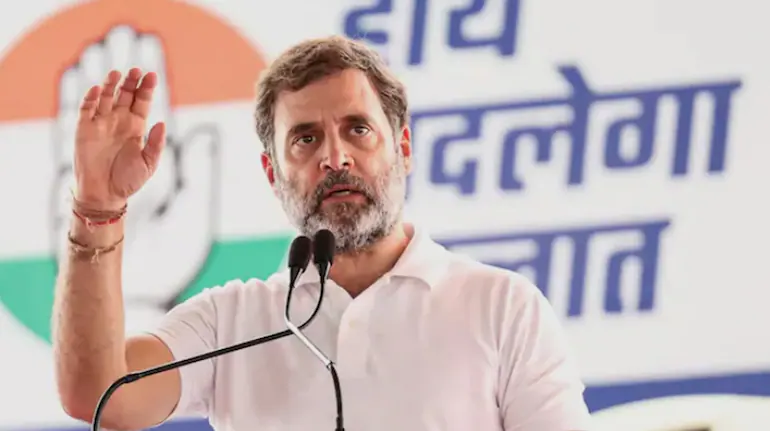
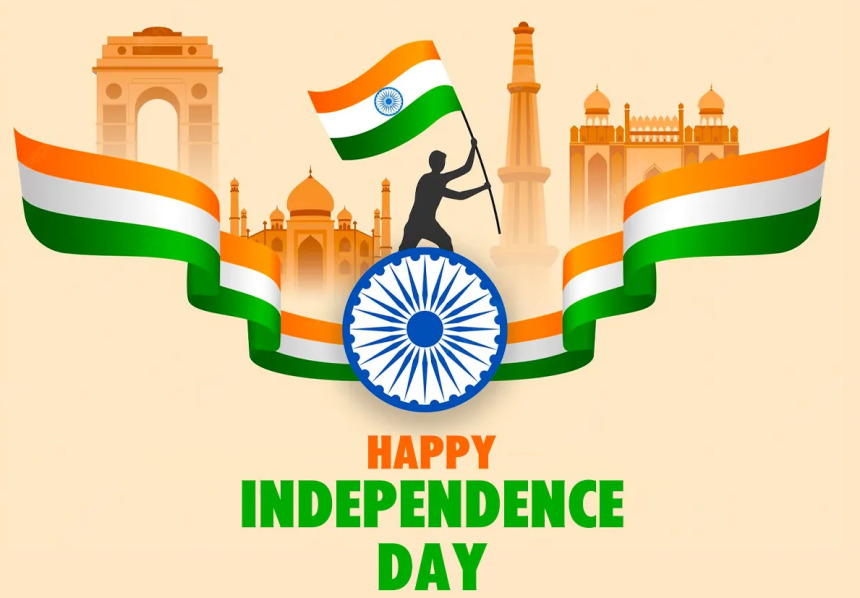

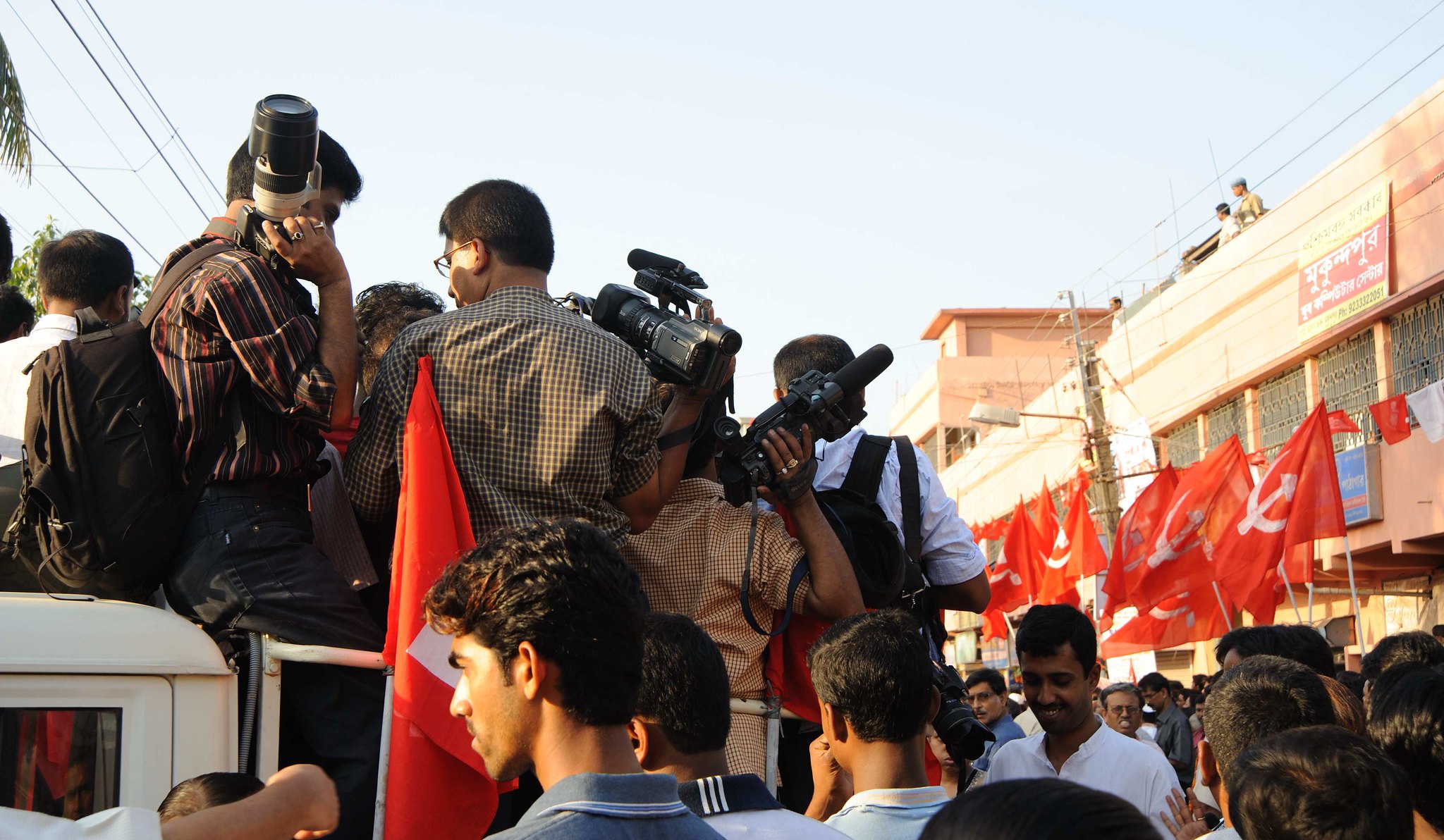




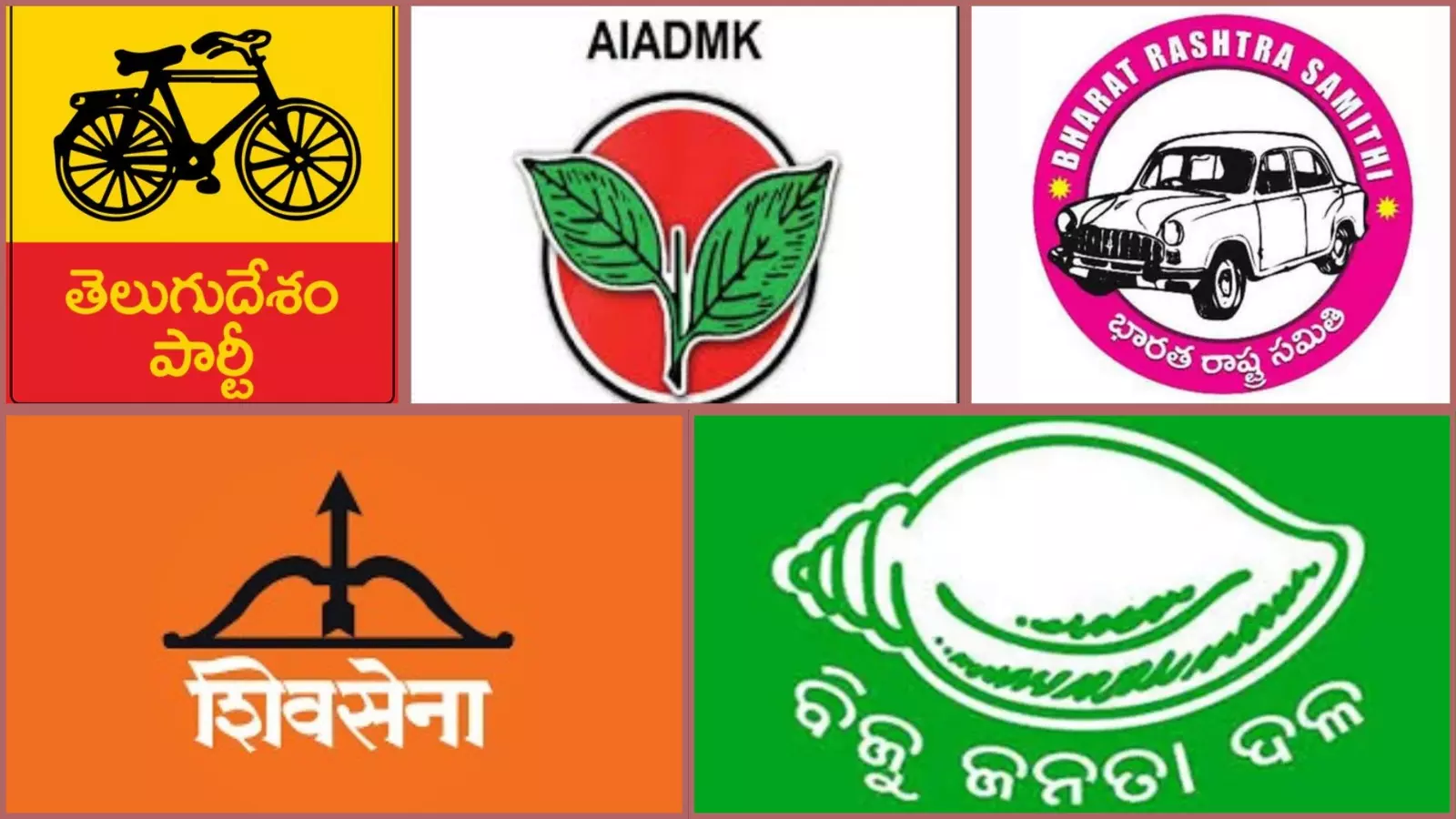

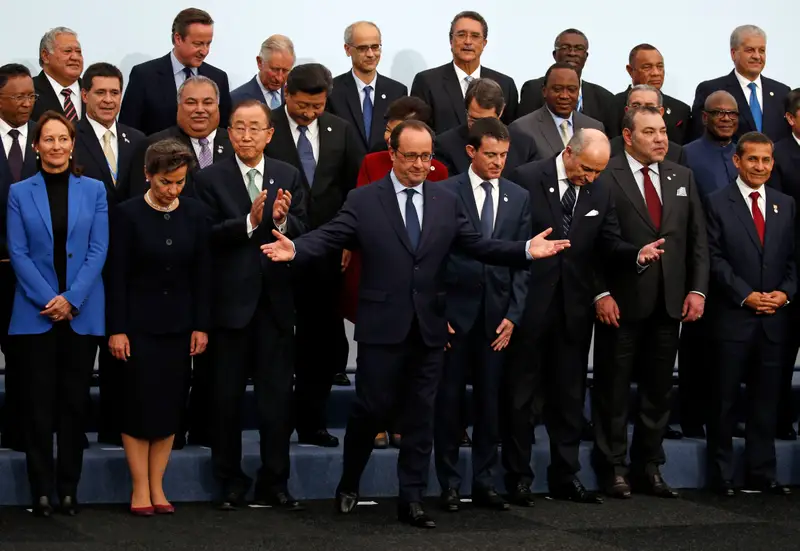
Recent Comments
No comments yet.